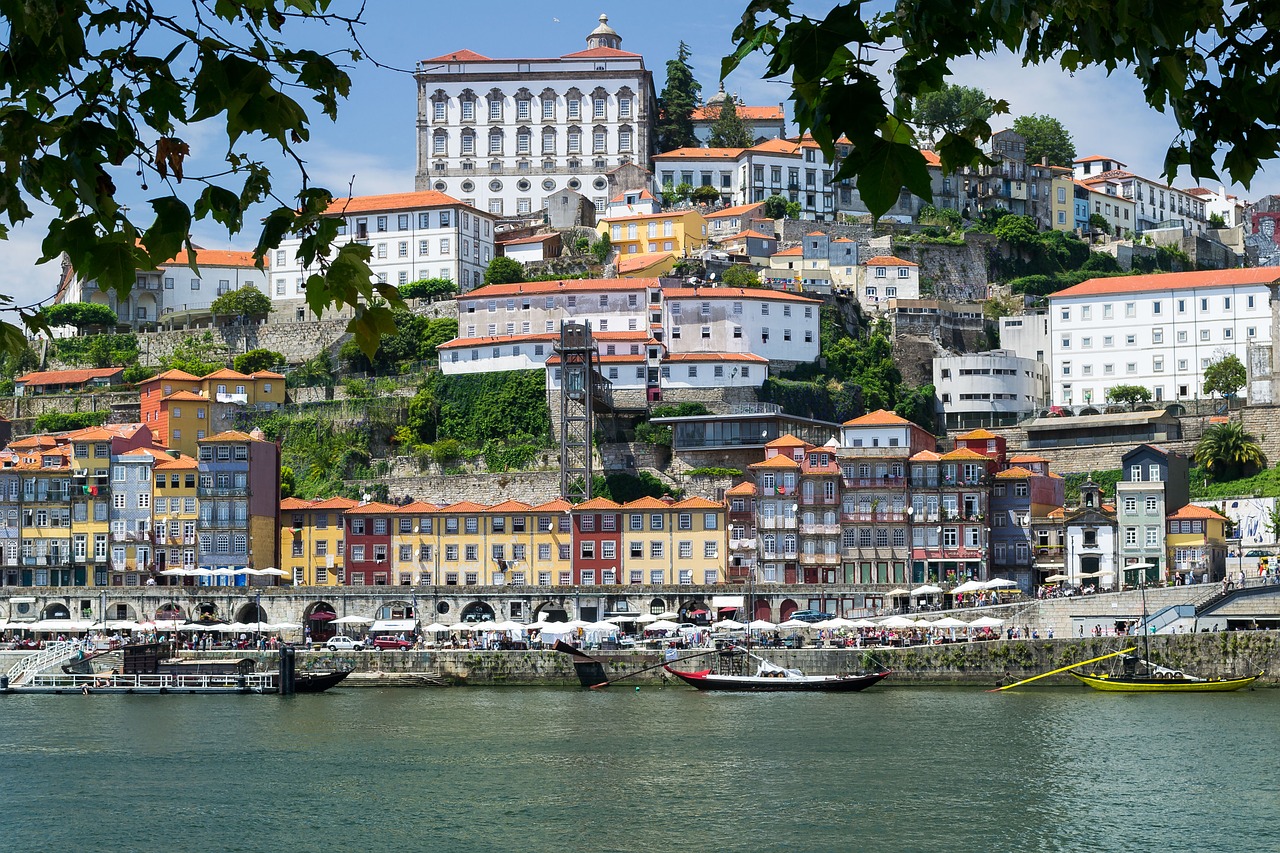Things To Know About Buying a House in Portugal
Portugal is an ideal destination for many expats. The quality of life, friendly community, and low cost of living are a few reasons to live there.
Portugal offers an affordable real estate market for both residents and foreign investors. Furthermore, certain tax exemptions and residency rights are possible for foreign investors. In this respect, the Golden Visa Program is a favorable option for many.
In Portugal, you have access to a market of various types of properties. You can buy properties in the city center, by the sea, or in the countryside.
People from different professions and backgrounds meet in Portugal. These include expats, business people, and digital nomads. It’s interesting to know that about 75 percent of the population owns a house in Portugal.
Let’s find more details about the advantages of owning a property in Portugal and the purchase process.
Benefits of Buying a Real Estate in Portugal
Property Prices are Affordable
Compared to many other European countries, Portugal offers quite affordable properties. Besides property prices, other costs of living are affordable enough. For example, in the 2019 Europe Cost of Living Index, Lisbon ranks 93rd and Porto ranks 97th most expensive city in Europe.
Geographic Location is Another Attraction
Portugal’s location offers many benefits including a mild climate throughout the year. Also, it’s home to great beaches and coastline as well as nature reserves and historical places. It’s possible to enjoy the beach without going far from the city center.
Taxes are Low in Portugal
Portugal encourages foreigners to become residents through certain programs. One of these incentives is the Non-Habitual Resident (NHR) program. It provides tax exemptions on many of your foreign income for 10 years.
Furthermore, inheriting property is possible without incurring any wealth or gift tax.
Also, if your home country has signed a double tax treaty with Portugal, you’ll not face double taxation.
Lifestyle and Friendly People
According to the latest Global Peace Index (GPI), Portugal ranks the third safest country in the world and the first in Europe.
Furthermore, people in Portugal are friendly to foreigners and expats. They care about each other and they value gatherings.
What To Consider Before Buying Real Estate in Portugal
Before you decide on the property, you need to determine your needs and criteria. Accordingly, you need to make sure about the purpose of your home. You can ask yourself if you plan to rent it out later, or if the property is big enough for your family.
Another important point is to consider your budget. It’s advisable to search for properties suitable to your budget before working on them later.
It’s always good to consult an expert before you buy a house in Portugal. You can consult one of the licensed real estate agents in Portugal. This will save you time and money.
How to Buy a Property in Portugal
You can find the main steps to follow while buying a property in Portugal below:
- Portuguese tax number (NIF): You can get it from any government finance office
- Choosing the property you’ll buy, and an agreement on the price
- Making a down payment
- Signing a CPCV (a pre-sale-purchase contract)
- Signing and notarizing the property deed.
Note that you can negotiate the property’s price before you buy it. Also, signing a Contrato-Promessa De Compra e Venda (CPCV) is advisable although not mandatory.
Costs of Buying a Property in Portugal
You’ll need an additional fund of about 10 percent of the purchase price for taxes and other costs.
Real Estate Taxes in Portugal
One of the taxes is IMT (Imposto Municipal sobre Transmissões). This is a property transfer tax chargeable on all properties. The tax depends on the purchase price, location of the property, and the type of the house.
Another tax is the stamp duty, known as Imposto do Selo. Typically, it’s a flat payment of 0.8 percent of the purchase price.
VAT is included in the purchase price. It’s applicable to all newly-constructed properties.
Other Required Fees
- Notary and land registry fees usually cost between 1.5 to 2% of the property purchase price
- Deed registration costs around 1% of the property price
- Commission for the real estate agent: The fees are usually taken from the seller by law. However, the agent may include its price in the purchase price as well.
- Lawyer’s fee: It usually costs around 1 percent of the purchase price.
- Following the purchase, there may be other costs such as utilities, furniture, or travel costs.
- For more insights, please refer to Get Properties

